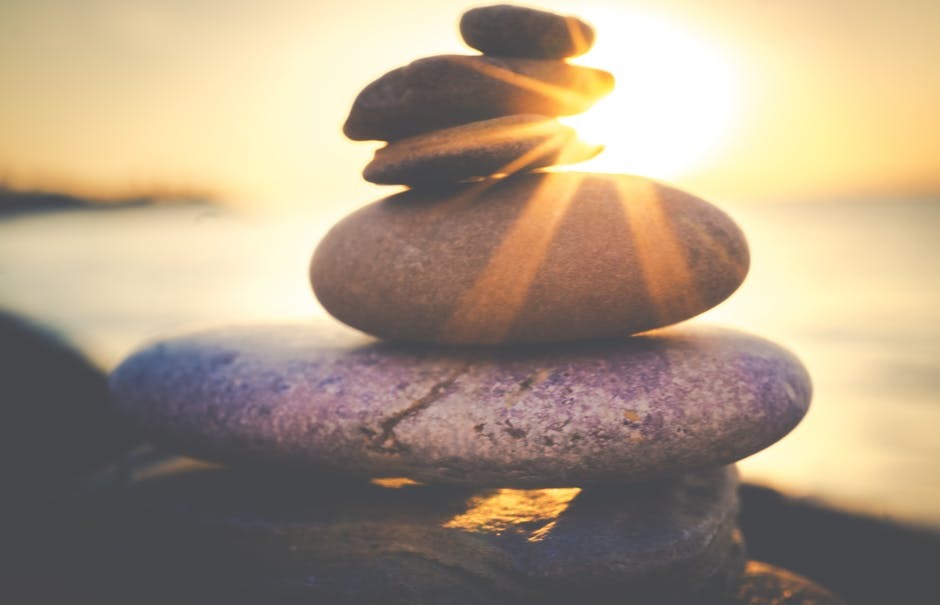 After leaving treatment, reducing your stress and anxiety helps improve your mental, emotional, and physical well-being. With various reactions and behaviors, understanding the importance of utilizing multiple strategies is beneficial for those who want to live a healthier lifestyle. After treatment ends, managing your anxiety and stress helps can help you manage your recovery and further progress in your inspiration and motivation to maintain sobriety. How do you build healthy coping techniques when stress and anxiety are surrounding you?
After leaving treatment, reducing your stress and anxiety helps improve your mental, emotional, and physical well-being. With various reactions and behaviors, understanding the importance of utilizing multiple strategies is beneficial for those who want to live a healthier lifestyle. After treatment ends, managing your anxiety and stress helps can help you manage your recovery and further progress in your inspiration and motivation to maintain sobriety. How do you build healthy coping techniques when stress and anxiety are surrounding you?
Life’s Challenges Are Multi-Directional
Life is filled with the challenges of experience, whether positive or negative. Often, many individuals face unexpected challenges that may alter their physical, emotional, and mental well-being. Understanding the elements behind stress and anxiety and how to cope with them correctly is extremely useful when an unexpected problem arises.
Because of life’s positive or negative experiences, training your brain to explore new self-function can result in a stronger reaction to turn a negative experience into a positive one. Since life’s challenges are multi-directional, starting a new healthy lifestyle can seem overwhelming and unpredictable after first leaving treatment. If you want to maintain a commitment and lower your stress and anxiety when these challenges arise, being equipped with safety, awareness, skills, and stability are all critical elements to having more control over your life, even when an unexpected situation happens.
After treatment, you can address the challenges in life with preparation and conquer them without feeling trapped or enslaved. Utilizing healthy coping techniques results in adapting the skills to prepare for the unexpected and the multi-directional challenges after recovery.
Why Do Stress and Anxiety Occur After Recovery?
Often, individuals face risky situations that threaten their recovery journey after treatment. Regardless of if the situation is because of previous people, places, or things, the risk of the situation can cause stress and anxiety.
It is common to experience stress anxiety after addiction treatment because you have already been through an extensive life change, and now you are putting it into action. Your brain has recognized a previous lifestyle, and now because you are embarking on a new path, not everything around you will feel or look the same. Because everything has seemingly changed, your brain recognizes it as a stressful or risky situation, thus causing you to build up your anxiety.
How the Brain Reacts
There are many situations where individuals will find themselves in conflicts that can lead to potential relapse or cause added on emotional, physical, or mental pressure. Because of this added pressure, your brain by going into survival mode. It causes you to be stressed and anxious because you’re not used to the new lifestyle right away.
You Can Overcome Stress and Anxiety
Fortunately, stress and anxiety can be used as a learning tool to implement the coping mechanisms learned from treatment and practice them in real-time to lower your stress and anxiety as you reteach your brain about your new lifestyle. After leaving treatment, stress and anxiety often occur more in the beginning because you may not be fully prepared for unpredictable situations. However, learning how to build healthy coping techniques can get you through high-risk situations or help you lower your stress and anxiety when times are challenging.
Building Healthy Coping Techniques
You’ve learned many lessons in recovery, and you are striving to implement a new healthier lifestyle after treatment. As a result, you are now on the path to navigating an entirely new world free from substances. During this time of transition, you must build healthy coping techniques and remember it’s okay to take time out for yourself.
Set Boundaries
Setting your boundaries and preparing yourself for potential triggers and cravings will make you stronger and more prepared than you ever thought. A few ways you can build healthy coping techniques is to remember that implementing the newly learned skills may be uncomfortable at first, but it will be more effective as you continue to practice them regularly and get used to your new healthy lifestyle.
Remember Why You Chose Sobriety
Before building your healthy coping techniques, remember that you chose this path because you value yourself more than your previous lifestyle, and it’s vital to remember that your happiness and your self-control will take time and work. Below are a few healthy coping techniques you can try to build into your recovery:
- Take full advantage of practicing your self-care
- Utilize meditation
- Find creativity
- Get outside
- Remember how important sleep is
- Practice thought control
- Ensure you have a strong support system around you
If you have extremely high levels of anxiety and stress, remember it’s okay to ask for help. Even in moments of strength, some individuals will still reach out to their support system because it becomes a means of escape and alliance. Following through a new fresh world is not a straightforward direction, and resolving thought processes with healthy coping techniques will help you resolve your concerns and minimize your anxiety, but it will take work and dedication. If you feel that you’re not healing from risky situations or moving forward with healthy coping techniques, reaching out to a professional at The Guest House can help you establish beneficial coping methods that suit your lifestyle changes. For more information on building healthy coping techniques after leaving treatment, The Guest House is here to help you establish an anxiety-free lifestyle. Call us today at (855) 483-7800 to learn how we can support you in your recovery.